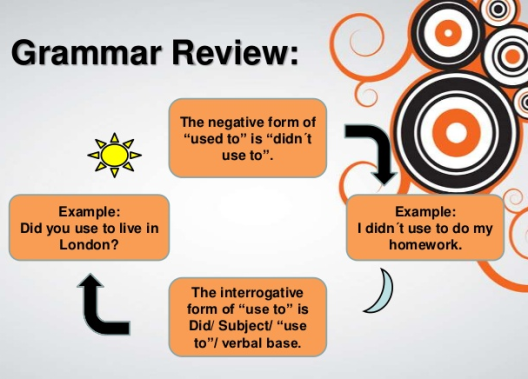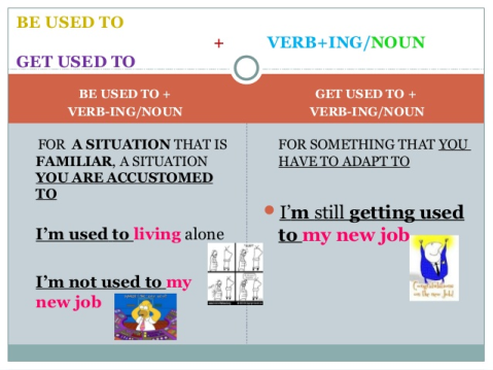« on: February 03, 2025, 06:06:43 PM »
GET A STRONGER GRASP OF FREQUENT ENGLISH GRAMMAR MISUSES
(Second of a weekly series) February 4, 2025
To further reinforce your English grammar footing in 2025, Jose Carillo’s English Forum is running every Tuesday starting last January 28, 2025 a series of very common English grammar misuses even by not just a few of its native speakers. This week we’ll continue the series by clarifying six more such misuses from about 480 that have been taken up in the Forum’s Use and Misuse board over the years, mostly in response to questions raised by Forum members and readers.
7. “The glaring superfluity of the phrase ‘regarding with your concern’”In May 2022 Forum Member LTG, operations manager of a Philippine business process outsourcing company (BPO), asked the Forum for advice on how to curb the habitual use by some people of the phrase “regarding with your concern,” in such sentences as “Let me take over and provide you with some updates regarding with your concern. The issue when connecting your Paypal account is a known ..." 

This usage clearly shows that the verb “tell” need not be followed by a direct object. Indeed, in the form “an anecdote told to me by…”, “told” is actually an intransitive verb in the passive past tense form acting on the object of the preposition “to,” and that object is, of course, the pronoun “me.”11. “Common pitfalls in constructing negative ‘used to’ sentences”Most of us feel comfortable with using the form “used to + verb” for a past condition or habitual practice, as in these sentences: “They used to be very close friends.” “She used to jog early in the morning.” In the first, “used to” conveys the idea of a past activity or condition that’s no longer true; in the second, “used to” conveys the idea of an old habit that had already stopped. In both cases, we’re hardly in any danger of stumbling in our grammar because “used to” is clearly functioning as it should—as an auxiliary verb affirming the sense of a past action or state of affairs that had already ceased.

Then again, how do we put the two “used to” sentences in question form? For the first, do we say, “Did they used to be very close friends?” or “Did they use to be very close friends?” And for the second, do we say, “Did she used to jog early in the morning?” or “Did she use to jog early in the morning?”
The American English prescription is straightforward: take out the “d” from the verb in “used to” when this form works with the auxiliary verb “did” in negative and interrogative statements. Thus, the correct usage for negative “used to” statements is “They didn’t use to be very close friends,” and for questions, “Did they use to be very close friends?”12. “The difference between ‘seeing’ and ‘watching’ a movie”Forum member Sky posted this question in the Forum sometime in 2012: “Do these two sentences have the same meaning? ‘I am seeing a movie tonight.’ ‘I am watching a movie tonight.’ “An American friend of mine said that ‘seeing’ and ‘watching’ aren’t interchangeable at all even in the sense of the two sentences above.

« Last Edit: February 09, 2025, 11:13:55 AM by Joe Carillo »

Logged